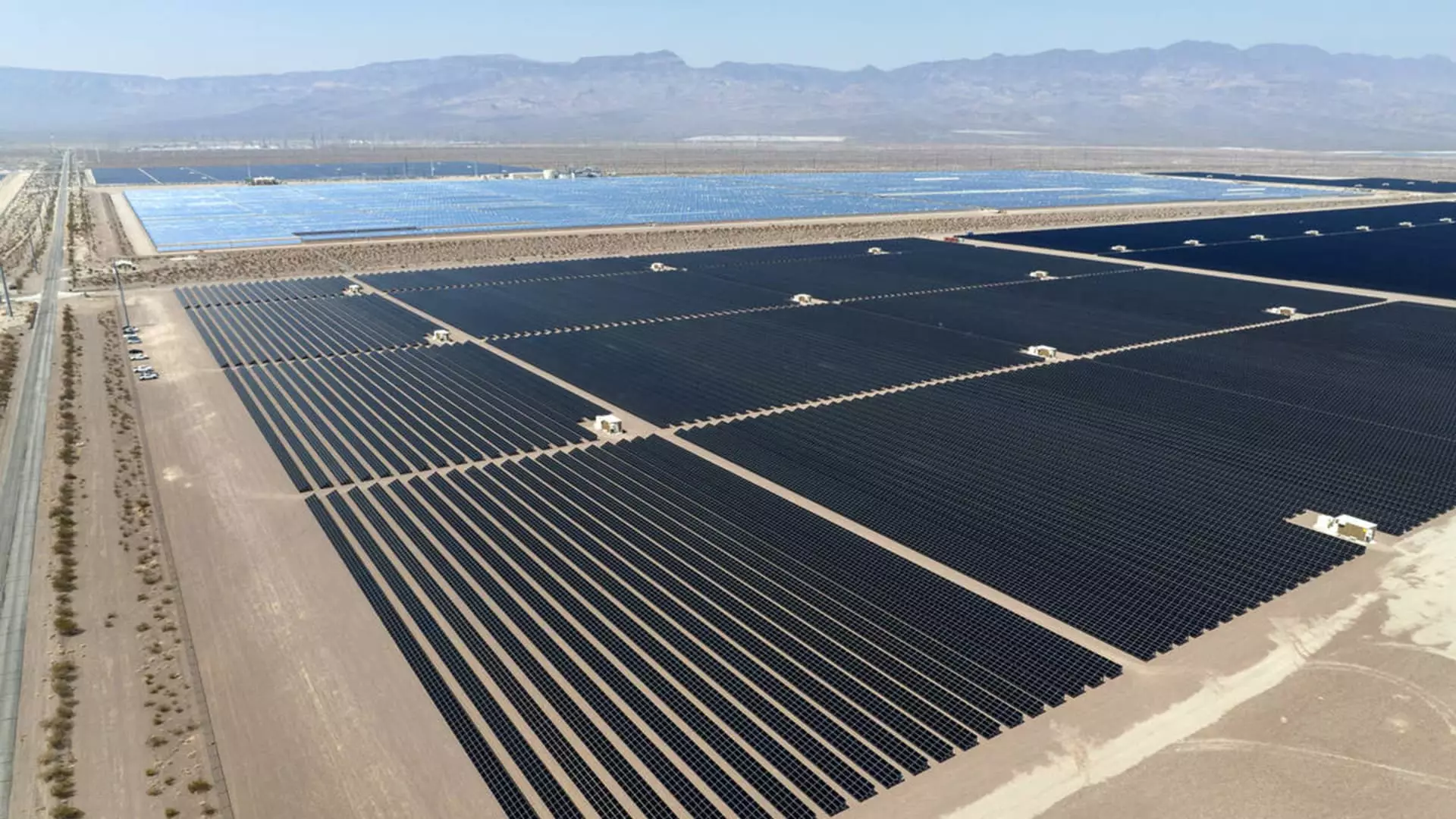In the early hours following the announcement of Donald Trump’s victory in the presidential election, solar energy stocks experienced a significant downturn. Investors faced immediate jitters, reflecting widespread concerns that Trump’s return to the White House would undermine crucial policies supporting the clean energy sector, particularly the Inflation Reduction Act (IRA). Under President Joe Biden, this act has been instrumental in promoting solar energy projects by offering substantial tax incentives. With Trump’s campaign platform signaling a potential dismantling of this legislation, the financial markets reacted swiftly, leading to notable sell-offs in solar stocks.
The benchmark Invesco Solar ETF, which tracks a broad array of solar-related companies, plummeted more than 9% in premarket trading, a stark indicator of the market’s apprehension. Likewise, the prominent solar panel manufacturer First Solar reported a drastic decline of 12%. Additional key players in the residential solar market, such as Sunrun and Sunnova, also faced steep losses, dropping 15% and 20%, respectively. The inverter manufacturer Enphase felt similar pressures, with shares down 11%, while Nextracker experienced a fall of nearly 12%. These declines illustrate how closely intertwined the solar sector is with federal policies, highlighting the uncertainty investors feel amid escalating political dynamics.
Trump’s critique of the IRA—labeling it as the “Socialist Green New Deal”—suggests an aggressive stance against legislation aimed at combating climate change. The IRA, which was enacted through a party-line vote in 2022 without any support from Republican lawmakers, represents a cornerstone of Biden’s energy policy, aiming to catalyze a clean energy transition. However, the continuation and success of such measures depend not just on Trump’s victory but also on the balance of power within Congress. Republican control over both the presidency and Congress could pose severe challenges for the renewable energy sector.
Political strategist Jen O’Malley Dillon highlighted the significance of the Blue Wall states—Pennsylvania, Michigan, and Wisconsin—in securing a victory for Vice President Kamala Harris. Yet, Trump’s success in flipping Wisconsin reveals vulnerabilities within these traditionally Democratic strongholds. This shift not only challenges the Democratic Party’s grip on these critical regions but also casts a shadow over future clean energy initiatives that rely on bipartisan support. The correlation between political control and energy policy could reshape the landscape of renewable energy investment for years to come.
As the implications of Trump’s presidency begin to unfold, the uncertainty surrounding the future of solar energy will likely intensify. Investors and stakeholders in the clean energy sector must grapple with the precarious balance of political power and its potential effects on critical legislation aimed at fostering renewable energy growth. The stakes are high for the solar industry, which stands at a crucial juncture, facing pressures that could either hamper or catapult its trajectory in the coming years. The need for vigilance and proactive engagement from industry leaders is paramount as they navigate an increasingly polarized political landscape.

